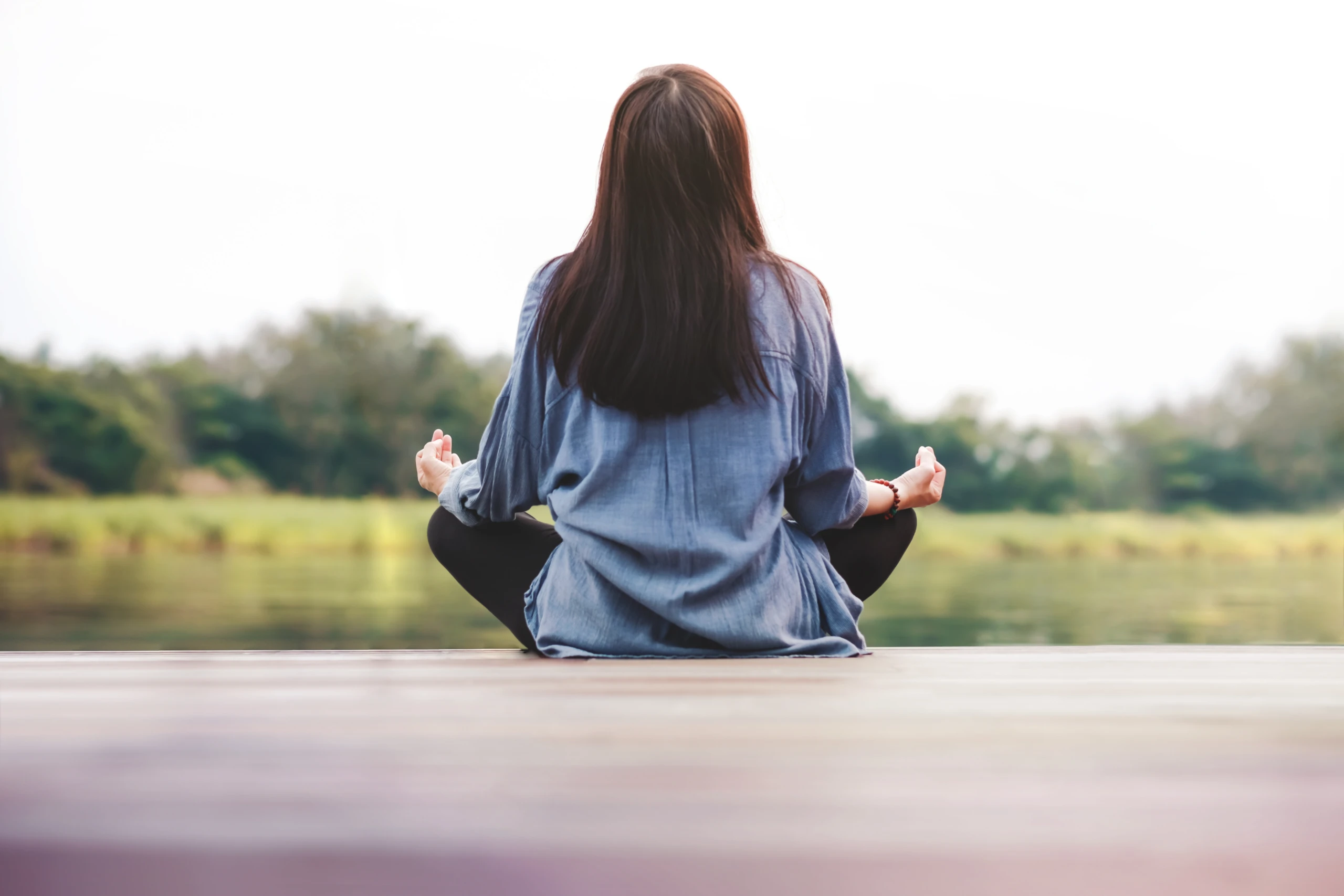Self-care is a great way to prioritize your mental health and your physical well-being with techniques that optimize bodily function, mental cohesion, and nervous system regulation. It does not entail being selfish or overindulging while shopping or pampering yourself. Think of self-care less as one specific action and more as a lifestyle or a steady habit.
Take a look at some of the most common definitions of self-care:
- Practicing good hygiene, a sound sleep schedule, and optimal nutrition—as well as seeking medical and mental health care when necessary
- Daily actions that focus on maintaining good health, preventing illness, and managing poor health when it occurs
- Actions that are self-motivated that specifically seek to achieve good health and a calm mind and emotional state
- Using healthy coping mechanisms when dealing with triggers and stressors at home, at work, and within ourselves
- Interacting with healthcare professionals to achieve or manage strong physical and emotional health. This may include getting a vaccine, scheduling routine medical appointments, and taking prescription medication exactly as prescribed.
- Any action that leaves you feeling nourished and renewed
In the addiction recovery context, self-care can include all of the above as well as working to anticipate relapse triggers, stay active in the recovery community, and regularly meet with a therapist.
Who Can Practice Self-Care?
Anyone can and should practice self-care. That said, the focus on well-being is especially critical for people who struggle with trauma, addiction, chronic pain, and low levels of energy. Additionally, anyone looking to improve the following areas of their life will find the self-care journey a rewarding one:
- Poor physical fitness, health, and immune system function
- High levels of stress, anxiety, and depression symptoms
- Poor focus and decreased productivity
- Rocky, neglected, or frustrated relationships
- Low feelings of self-esteem and self-worth
- Debilitating burnout symptoms and compassion fatigue
Complementing Self-Care with Relapse Prevention Services
Studies show that successful recovery from a substance use disorder (SUD) involves meeting four goals:
- Adhering every day to a 12-step program or something similar
- Making time each day for building a relationship with a greater power
- Daily development and nourishing of support systems and environments
- Working to develop and maintain higher levels of self-esteem
Some could argue that all of these goals fall under self-care. You can see from this list that self-care can require sacrifice. In other words, to attain high levels of self-care and the benefits that it provides, we must be willing to cut out things that do not serve our overall well-being, even if they feel good at the moment.
In 2022, the 7 pillars of self-care were refined to touch on mental, emotional, physical, environmental, spiritual, recreational, and social areas of life. St. Joseph Recovery Center attends to all of these aspects of well-being, all while providing several avenues for therapeutic support. We do this because self-care is a skill. It’s not something people can automatically practice with success—just like the act of staying sober. We’re here in Port Matilda to give people the tools to properly attend to their environmental, social, and spiritual needs.
Sobriety is our best option in counteracting addiction, and it can be challenging to maintain, just like self-care. The following services are designed to help you avoid substances and engage in caring for yourself in the long term:
- Alcohol addiction treatment
- Drug addiction treatment
- Mental health treatment
- Individual counseling
- Chronic pain management
Visit St. Joseph Recovery Center in Port Matilda to Embrace Self-Care
Contact us for support today. Our staff is ready to answer any questions regarding your well-being or that of your loved one struggling with SUD. We’re here for you in Pennsylvania as you learn to let go of habits that don’t serve you and embrace those that do.


